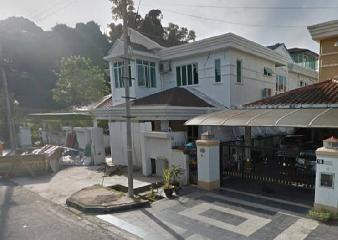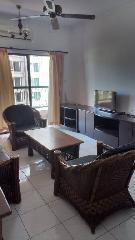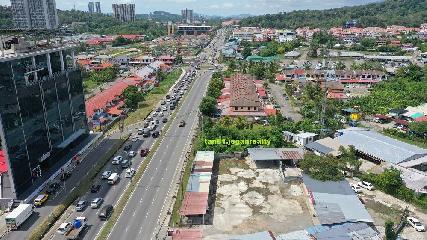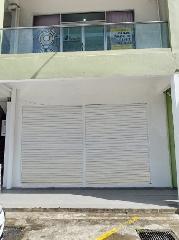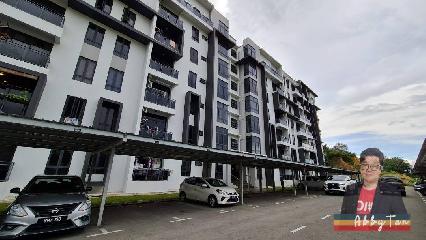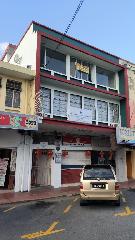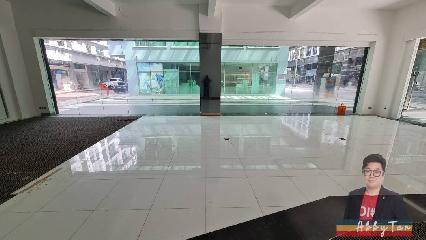The outlook for 2017 was one neither of optimism nor excitement as the industry predicted the slower pace of 2016 to continue to dictate the jog. 2016 recorded a value of RM2.94 billion for new launches in the year while 2015 and 2014 recorded RM2.69 billion and RM3.74 billion respectively, according to the Sabah Housing and Real Estate Developers Association (SHAREDA). Although developers remain cautious, with a majority on the tentative side, there may be a glimmer of change on the horizon in 2017 for Sabah and the general market.
The industry crawled into 2017 with factors such as a weak Ringgit and the plummet of oil prices continue to negatively impact the country. The implementation of the Goods and Services Tax (GST) in 2015 is still bearing heavy on purchases today, compounded by the weakening of the Ringgit, plenty is now weighted with diminished purchasing power. Such is the case of weak confidence, that uneasiness from the American elections have managed to further soften the market. In turn, financial institutions have become stricter in their approval of loans, making it a challenging process for buyers compared to years past.
Political scandals like the one surrounding 1MDB making the news rounds have also weakened investments into the country while cases of kidnapping in the East Coast of Sabah have put off people from investing in the state. All these factors coupled together with tighter lending conditions from financial institutions have led to minimal notable launches in 2017 with a majority of the high-rises that are in development today being initiated in 2015 and 2016, mostly for the mid-range segment.
See Kok Loong, Director of Metro Homes Sdn Bhd told The Edge Property that the stamp duty increase, GST, China's restriction on capital outflow and a looming general election might continue the softness in the market.
The residential sector has constantly been a dominant sub-sector in Sabah, according to Knight Frank Research it is approximately 57% of the total volume of transactions and around 37% of the total value of transactions in 2016. Sabah's residential segment saw a pickup when comparing 1H2016 to 2H2016. Volume of sales increased approximately 40%, at 2,335 transactions as opposed to 1,667 transactions for the first half of the year. Value of transactions went in tandem with the increase of volume, increasing from RM558.88 million to RM748.92 million, an increase of about 34%. Although volume increased, data from the Valuation and Property Services Department (NAPIC) Property Market Report 2016 however, showed that the Malaysian Price Index (HPI) for 3Q2016 stood at 245.1 points while 4Q2016 was 243.3 points, a drop of 0.7% between the two quarters.
A slight dip in property price was experienced across the board for the country between 3Q2016 and 4Q2016 with only Johor (0.9%), Negeri Sembilan (0.9%) and Terengganu (1.8%) recording growth. Sabah's HPI dropped 1.4% while neighbouring Sarawak dropped 1.9%, validating the soft outlook carrying over into 2017. This is the first time since 3Q2008 that the country's HPI experienced a quarterly drop, up till now the index has consistently reflected an uptrend. The correlation between an increase in volume versus the negative HPI shows that the while there is still lively activity in the market, prices have depressed due to a perceived slowdown of the market.
Alexel Chen, Resident Director of Sabah Branch, Knight Frank Malaysia agrees that the market will need some time to recuperate and find its form. He believes that the slow market activity in Kota Kinabalu will continue, adding, "With many developments in the pipeline, particularly high-rise residential projects set to be completed in the near future, the large impending supply will present tenants with a wide range of choices which will depress potential rental returns for landlords.â€
Purposed-Built Office and Retail
The specialized office space segment is one that is picking up in Kota Kinabalu. As the city grows and develops bigger corporations will look to anchor in the city, which will present an opportunity for developers to grow this segment. Broadly, office space in Kota Kinabalu are mainly concentrated along Jalan Coastal, Jalan Kemajuan and Jalan Tuaran within the city centre, with scattered plots along Jalan Istiadat and around Yayasan Sabah. The average rental for office space in the city centre hovers around the RM1.80 to RM2.50 per sqft while prime office spaces in the city can fetch around RM2.50 to RM3.50 per sqft according to Knight Frank Research. Notably, an outlier currently in the office segment is Plaza Shell, developed by Hap Seng Properties Development Sdn Bhd, it is the first Grade A office in the city and may fetch higher rental rates at RM4.50 to RM6.00 per sqft.
2Q2016 recorded no notable new supply of purpose-built offices in the first half of 2017. However, there are several projects coming onstream in 2017 such as the Sabah State Administrative Complex, Pacific Enterprise, Sutera Avenue as well as Aeropod.
"The office sub-sector is relatively stable with occupancy and rentals maintaining a relatively healthy level" says Alexel. He adds however, that there will be downward pressure put on the segment as new developments come onstream by 2H2017. Conventional shop lots are also meeting the demands for office space and, according to Alexel, is still the preferred option for local businesses and SMEs.
For the retail segment, Kota Kinabalu's total space currently stands around 5.56 million sqft according to Knight Frank Research. This includes newly added space of 74,666 sqft courtesy of the newly completed Jesselton Mall @ Jesselton Residences and approximately 65,000 sqft more from T1 Bundusan. The retail sector for Kota Kinabalu recorded improvements in terms of occupancy rate from 78% in 2H2015 to 86% in 2H2016. However, recent data from NAPIC shows that occupancy rates in 1Q2017 recorded a drop to 85.1% for the whole of Sabah, while Kota Kinabalu clocked in at 83.4%. The drop of the occupancy rate could be attributed to the increase in supply and the sluggishness of the economy.
The success of retail spaces can partly be attributed to selecting the right tenants and creating buzz. This is exemplified by the announcement from Pacific Sanctuary Holdings that Australia-based consumer electrical products giant Harvey Norman will be taking up 43,000 sqft inside their new mall, PACIFICITY Shopping Mall, the brand's maiden store in Sabah. Likewise, Imago Mall generated momentum by having a mix of brand-name stores such as Morganfield, Cortina Watch, Baskin Robbins, Pandora and Daiso to name a few. Occupancy rate in Imago Mall improved from 85% in 1H2016 to 87% as of 2H2016.
New comer Grand Merdeka Mall significantly added to the segment with approximately 240,000 sqft of retail space with the opening their doors in June. Grand Merdeka Sdn Bhd said that over 90% of allocated units have been sold with around 50 lots under renovation and soon to be open for business. Tenants already operating in the mall include Food Craze, Tong's Departmental Store, SS Supersave and Fun Scapes Amusement Centre.
Currently, there is an absence of new proposed supply for the retail segment, suggesting a hint of hesitance from developers. That said, according to Knight Frank Research there will be approximately 1.2 million sqft of retail space adding to the market in the coming couple of years. "There is a concern for the sustainability for the market considering the impending supply of retail spaces" says Alexel. Occupancy rates may also see a dip as new malls coupled with slower take-up rates come into play, but malls with good quality tenant mixes are expected to hold firm.
Feeling the Market
So are prices edging towards a downward spiral?
Not exactly. While factors like the increase in stamp duty for properties priced above RM1 million from 3% to 4% may put a dent in the high-end segment, people will still be on the lookout for affordable properties.
John Tan, COO of Hap Seng Consolidated Bhd says that experienced investors will recognise good deals and snap them up, which may leave home buyers with not much options. Deciding to wait may be the overall sentiment but John recalls situations where interested home-buyers had to pay more because investors have already vetted the property and gotten the good deals, which include developer promos. John advises, "Buyers shouldn't be too pessimistic but rather ask themselves if it is right property they want, are they able to afford it, who are the developers, are they trustworthy and how good the workmanship is.â€
Construction costs is also a determining factor when it comes to prices. With GST in effect the costs of raw materials have an extra bearing on the developers. John opines, "Costs of building will not go down. A lot of our raw materials are imported and developers experience imported inflation. GST itself is 6%, but with everyone increasing prices, it goes well beyond 6%.â€
According to Henry Tai, Principal and Founder of Henry Realty Sdn Bhd, genuine home buyers looking for a place to call their own will always be there, saying, "They will still be actively buying but the numbers could now be smaller due to stringent requirements by the banks.†Henry believes that the slowdown in the market have resulted in many speculators opting out. On the other hand, genuine investors looking at the long term are waiting to strike when the price is right, but no longer buying at first sight.
Buyer confidence will climb if the Malaysian economy improves on the recorded 5.6% growth in 1Q2017 and might even cancel out external factors that are negatively impacting buyers' perceptions. In fact, a report conducted by MIDF Research shows that consumer sentiment index (CSI) stands at 76.7 points in 1Q2017, an increase from 69.8 points in 4Q2016. This shows that buyers are in the market for property but are apprehensive due a gloomy outlook.
Sarkunan Subramaniam, Managing Director of Knight Frank Malaysia says that we can see signs of an improving Malaysian economy with the GDP expanding. He says the effects can be seen in the general primary property market with a slight easing of loan approvals and developers achieving better sales rates. For the secondary market, Sarkunan sees that confident buyers who are cautiously looking out for good investments and opportunities are stepping up to snap up discounted properties. Towards the end of 2017, he foresees the market improving with the impending general election and government spending more on infrastructure.
Alexel agrees that while the market might be sluggish, he maintains his view that residential properties in good locations in Sabah are expected to hold, along with demand for affordable homes as the market is dense with first-time home buyers and young families.
Looking further down the pipeline, the property market will be boosted with the development of the Pan Borneo Highway adding further selling points for properties in Sabah. Additionally, developers may want to tap into the tourism sector as it looks set to play a big part in the state's growth. All this will then be supplemented by initiatives like the RM1 billion Bus Rapid Transit network, creating legitimate reasons to remain optimistic.
All in all, the closing half of 2017 will likely continue to be as tentative a half as the one that came before it, but it can also spark a new beginning for the property industry. It is safe to say that it is a year for the cautiously optimistic types. A myriad of factors may dictate how the second half of the year shapes up but for those who weight their options carefully and thoroughly, they might find a silver lining on the horizon.


.jpeg)
_PH_Banner_(Desktop)(1200x180px).png)



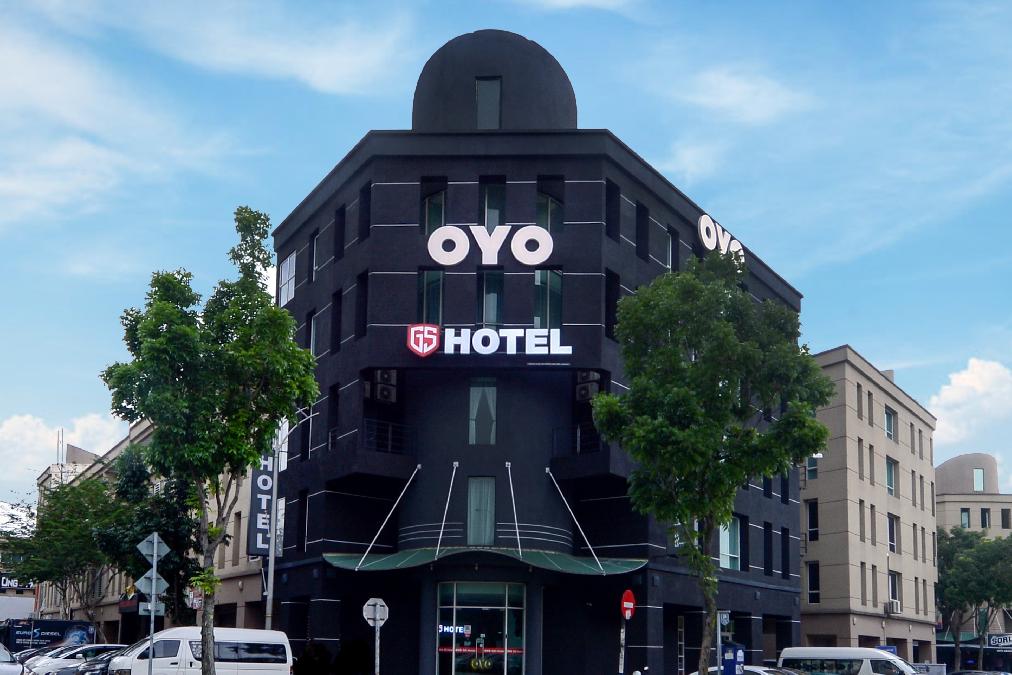

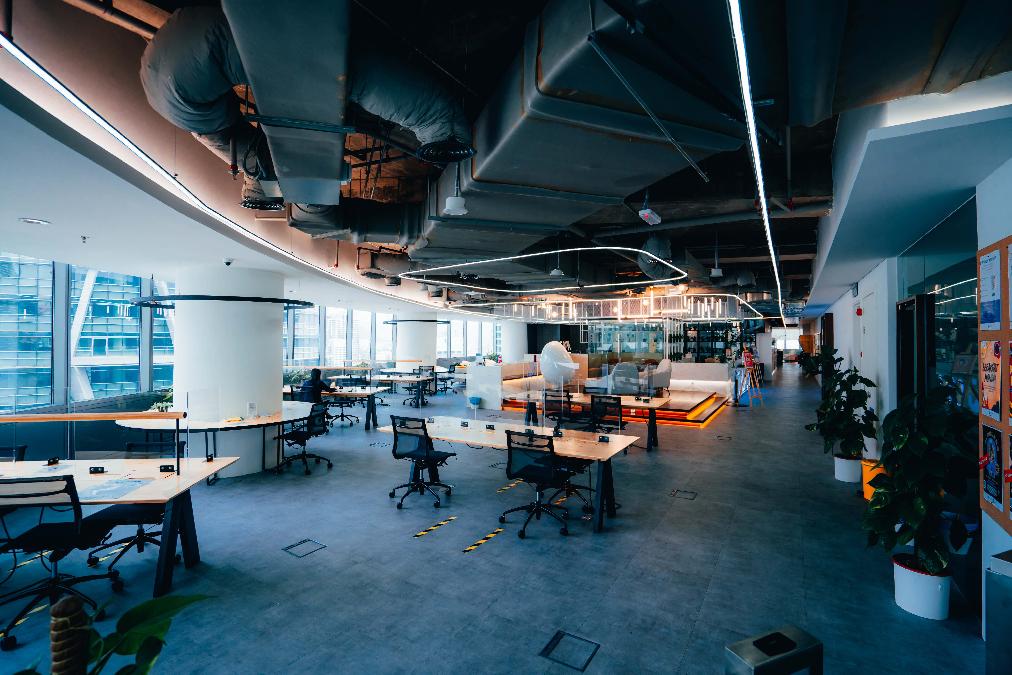

_(2).png)
.jpeg)


